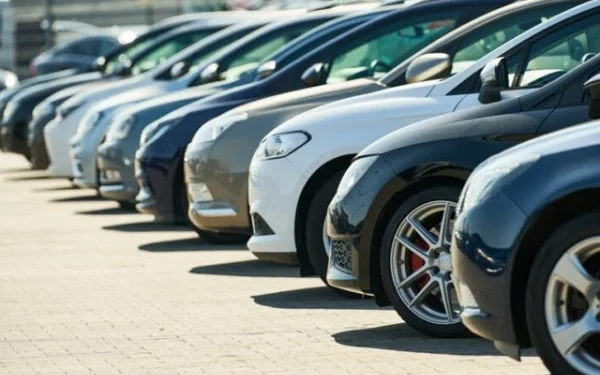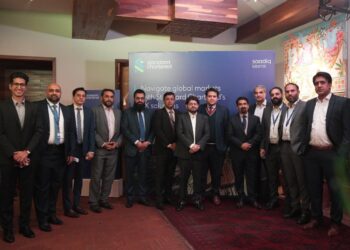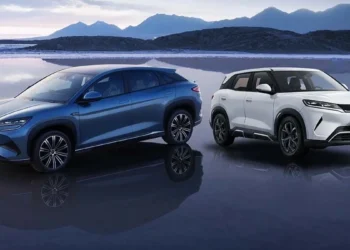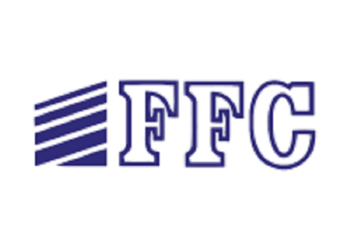Introduction
In a significant policy development, the Government of Pakistan has announced strict measures on the import of used vehicles in order to safeguard the local automotive industry. The decision, which comes in line with commitments made under the International Monetary Fund (IMF) program, aims to balance Pakistan’s economic reforms with the protection of domestic manufacturing.
During a joint meeting of the Senate Standing Committee on Finance and Industry, officials revealed that an additional 40 percent tax would be levied on the commercial import of used cars. At the same time, the import of accident-damaged and substandard vehicles will be completely banned.
While the move is being promoted as an attempt to shield local manufacturers, it has sparked criticism from stakeholders, industry associations, and consumers, many of whom argue that the policy prioritizes local industry interests at the expense of affordability and quality.
Background: Vehicle Imports in Pakistan
At present, Pakistan does not allow the commercial import of vehicles. Instead, cars enter the local market under schemes such as:
- Relocation Scheme – For overseas Pakistanis returning to the country.
- Baggage Scheme – Allowing travelers to bring in vehicles with them.
- Gift Scheme – Enabling expatriates to gift vehicles to family members.
These schemes collectively meet around 25 percent of Pakistan’s automotive demand. Many consumers prefer to buy imported vehicles, often lightly accident-damaged but considered superior in quality, features, and reliability compared to locally produced cars.
IMF Conditions and Timeline for Import Liberalization
The new restrictions are tied to the IMF’s structural reform requirements, which Pakistan agreed to as part of its bailout program.
Key IMF-Linked Conditions:
- From September, Pakistan must allow the commercial import of used vehicles up to 5 years old.
- By July next year, all age and model restrictions on imports must be removed.
- Within the next four years, the additional 40 percent tax will be gradually phased out, eventually reaching zero.
- Imports of 6–8-year-old vehicles will also be permitted in later stages.
- Pakistan must reduce its average import duties from 20.2 percent to 9.7 percent within five years.
These steps are intended to liberalize Pakistan’s automotive market and align the country’s trade policies with global standards. However, they also pose serious challenges to domestic manufacturers already struggling with high costs and limited technological advancement.
New Restrictions on Imported Vehicles
According to Joint Secretary of the Ministry of Commerce, Muhammad Ashfaq, the following measures will be implemented to protect local industry:
- 40% Additional Tax – Applied on all commercial imports of used vehicles.
- Ban on Accidented Vehicles – Damaged or salvaged cars will no longer be allowed.
- Ban on Substandard Vehicles – Cars failing to meet minimum safety or quality standards will be prohibited.
These measures are designed to give local manufacturers a competitive edge while ensuring that Pakistan does not become a dumping ground for outdated, unsafe, or low-quality vehicles.
Local Industry Response: Mixed Reactions
The announcement has triggered a heated debate among local automakers, parts manufacturers, and industry associations.
Pakistan Automotive Manufacturers Association (PAMA)
PAMA, representing major carmakers, has expressed concerns over the IMF-linked reforms, arguing that reducing duties and liberalizing imports will make local production less sustainable.
Pakistan Association of Automotive Parts and Accessories Manufacturers (PAAPAM)
PAAPAM has also voiced opposition, warning that liberal imports will hurt the local parts industry, which provides thousands of jobs.
Both organizations gave detailed presentations to the Senate Committee, highlighting the risk of job losses, plant closures, and reduced foreign investment if the government does not maintain strict protections for domestic industry.
Automaker Perspectives: Toyota & Suzuki Weigh In
Indus Motors (Toyota Pakistan)
Indus Motors CEO, Ali Asghar Jamali, made a candid admission during the committee meeting:
- Vehicle prices in Pakistan are significantly inflated due to government-imposed taxes, which account for 30% to 61% of the final retail price.
- He acknowledged that local vehicles are both expensive and inferior in quality, a statement that drew strong criticism from committee members.
- Jamali argued that the private sector’s role is not to create jobs—instead, job creation is a government responsibility.
- He warned that if the current IMF-driven policies continue, importing used vehicles will become more profitable than manufacturing locally, discouraging investment in local production.
Pak Suzuki
A representative of Pak Suzuki Motors echoed similar sentiments, pointing out that:
- Vehicle manufacturing in Pakistan is labor-intensive and costly.
- Due to high operational expenses, importing vehicles is easier and more profitable than producing them locally.
This stance reflects the industry’s frustration over the uneven playing field, where excessive taxation and limited government support hinder growth and innovation.
Consumer Perspective: Affordability vs. Protectionism
For ordinary consumers, the debate centers around two major concerns:
- High Prices of Local Vehicles
- Local cars are often priced significantly higher than regional and international counterparts.
- Limited competition has kept prices inflated, despite the average quality being lower than imported alternatives.
- No Relief Expected Despite Import Liberalization
- Even with the IMF’s directive to allow more used car imports, consumers are unlikely to see price reductions.
- The 40% additional tax on imports ensures that imported cars remain expensive.
- Consumers may face a situation where both local and imported vehicles remain unaffordable, with no immediate relief in sight.
This situation suggests that while the government is prioritizing local industry protection, consumer interests are being sidelined.
Economic Implications of the Policy
The decision to impose strict conditions on vehicle imports has broader implications for Pakistan’s economy.
Positive Outcomes:
- Protection of Local Industry – Safeguards jobs in assembly plants and parts manufacturing.
- Encouragement of Investment – May incentivize local manufacturers to expand production.
- Trade Balance Improvement – Restricting imports reduces pressure on foreign exchange reserves.
Negative Outcomes:
- Continued High Prices – Consumers will have fewer affordable options.
- Stunted Competition – Lack of competition may prevent quality improvements.
- Slow Market Liberalization – The auto sector may remain stagnant compared to regional markets.
- Risk of Black Market Imports – Excessive restrictions could fuel unofficial import channels.
The Debate on Quality and Innovation
One of the most pressing criticisms of the local auto industry is its failure to improve quality and innovation.
- Pakistani cars often lack modern safety features such as airbags, anti-lock braking systems (ABS), and crash safety compliance.
- Models sold in Pakistan are frequently outdated versions of vehicles discontinued elsewhere.
- Local industry’s dependence on high protectionist policies has reduced incentives to innovate or compete internationally.
Analysts argue that unless competition is increased, the local industry will continue producing low-quality, high-cost vehicles while consumers remain deprived of global standards.
Future Outlook: What Lies Ahead for Pakistan’s Auto Sector?
The next few years will be decisive for Pakistan’s auto industry. With IMF conditions requiring gradual liberalization, the government faces the challenge of balancing local industry protection with consumer welfare.
Possible Scenarios:
- Industry Transformation – If the government encourages joint ventures, invests in technology, and supports local R&D, Pakistan’s auto sector could become more competitive.
- Consumer Disappointment – Without reforms, consumers may continue to face high prices and limited choice, fueling resentment against both policymakers and manufacturers.
- Increased Imports – Over time, as taxes are phased out, used imports may dominate the market, reducing demand for locally assembled vehicles.
Conclusion
The government’s decision to impose strict measures on imported vehicles reflects an effort to protect Pakistan’s struggling auto industry under the umbrella of IMF-imposed reforms. While the additional 40% tax and ban on accidented cars may help shield local manufacturers in the short term, it risks leaving consumers with expensive and low-quality options.
As the IMF program unfolds, Pakistan will be forced to open its markets further, creating new challenges for local automakers. The road ahead will test the resilience, adaptability, and competitiveness of the domestic auto industry, while also determining whether consumers will finally benefit from affordability and better choices.
For now, the policy signals that protecting local industry remains a higher priority than consumer relief, a stance that may need revisiting as economic realities and public pressure evolve.

























